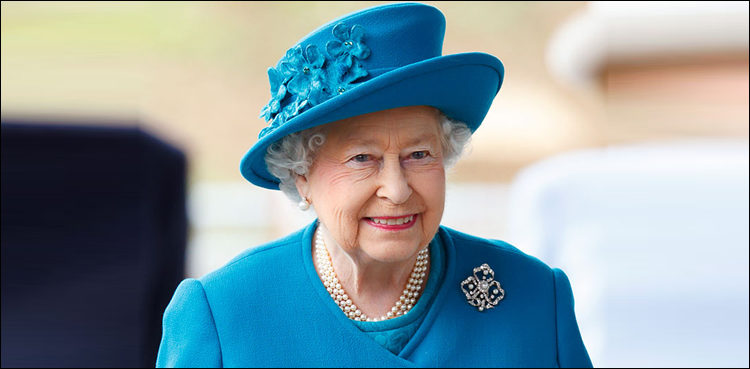London: Queen Elizabeth II has urged the citizens to ‘think about other people’ and get a COVID-19 dose when they are offered one.
The monarch, 94, and the Duke of Edinburgh, 99, received their first doses of the vaccine in January, the BBC reported.
In a video call with health leaders delivering the Covid vaccine across the UK, the Queen was asked about her experience of having the jab.
She smiled as she replied: “Well, as far as I can make out it was quite harmless.”
“It was very quick, and I’ve had lots of letters from people who have been very surprised by how easy it was to get the vaccine.”
She added: “It didn’t hurt at all.”
The monarch said she understood getting a jab could be a “difficult” experience for some people but urged everyone to “think about other people rather than themselves”.
Emily Lawson, who is leading the vaccine deployment programme for the NHS in England, said the Queen’s comments about her vaccine experience were an “incredibly important vote of confidence in the programme”.
“We just want to make sure we create the conditions where everybody feels able to take up the offer of a vaccination when they’re called,” she said.
“And Her Majesty offering her view on that is a huge boost to our confidence and I hope to confidence more broadly in the programme.”
The Queen also said the speed of the UK’s vaccination rollout had been ‘remarkable’ so far.
Speaking to the four officials overseeing the programme in England, Scotland, Wales and Northern Ireland, she added: “Keep up the good work.”
More than 18 million people have had a first vaccine dose – equivalent to one in three adults in the UK.
The vaccine rollout has entered its next phase, after everyone in the top four priority groups was offered a jab. Many areas are now offering vaccine appointments to over-60s, adult carers of disabled people and younger adults in care homes.
IANS
